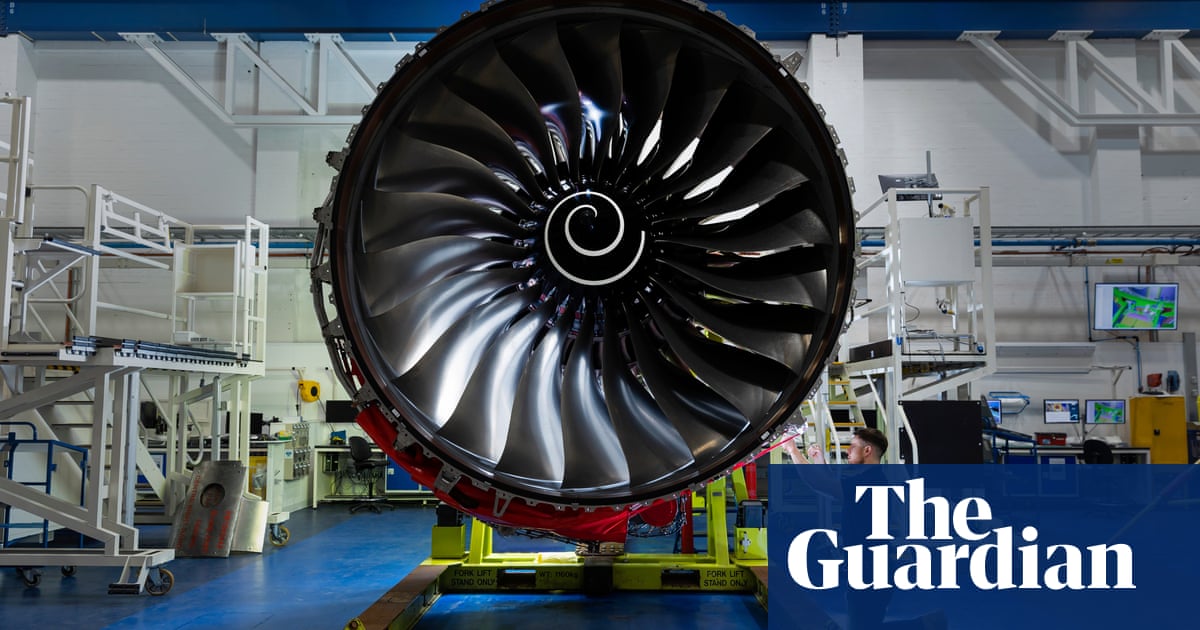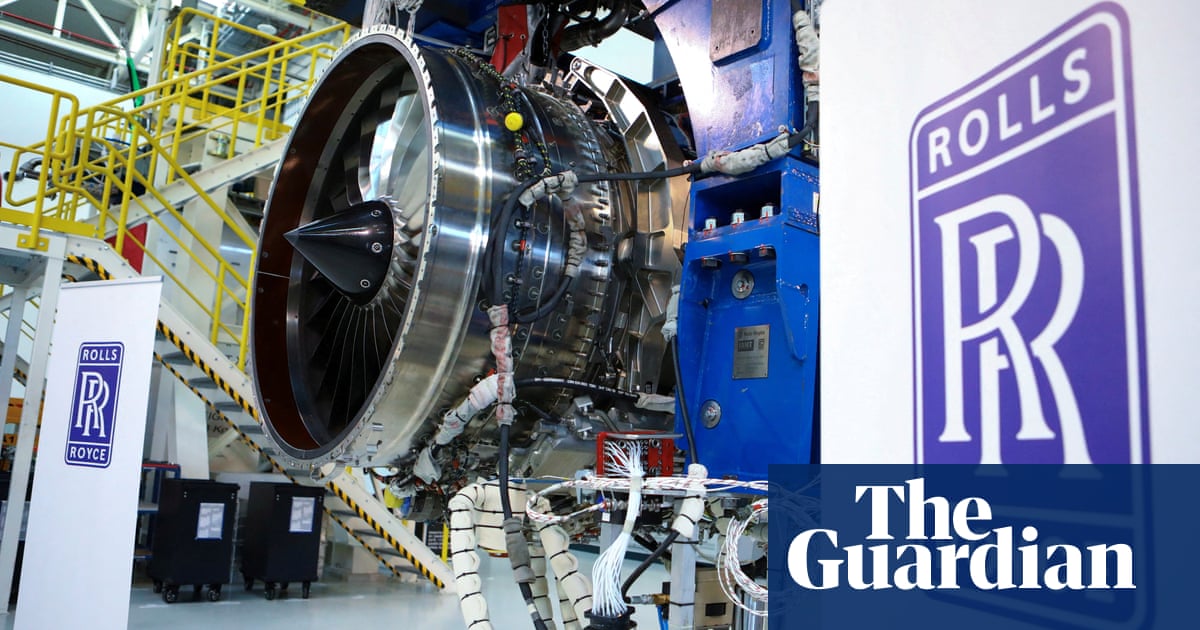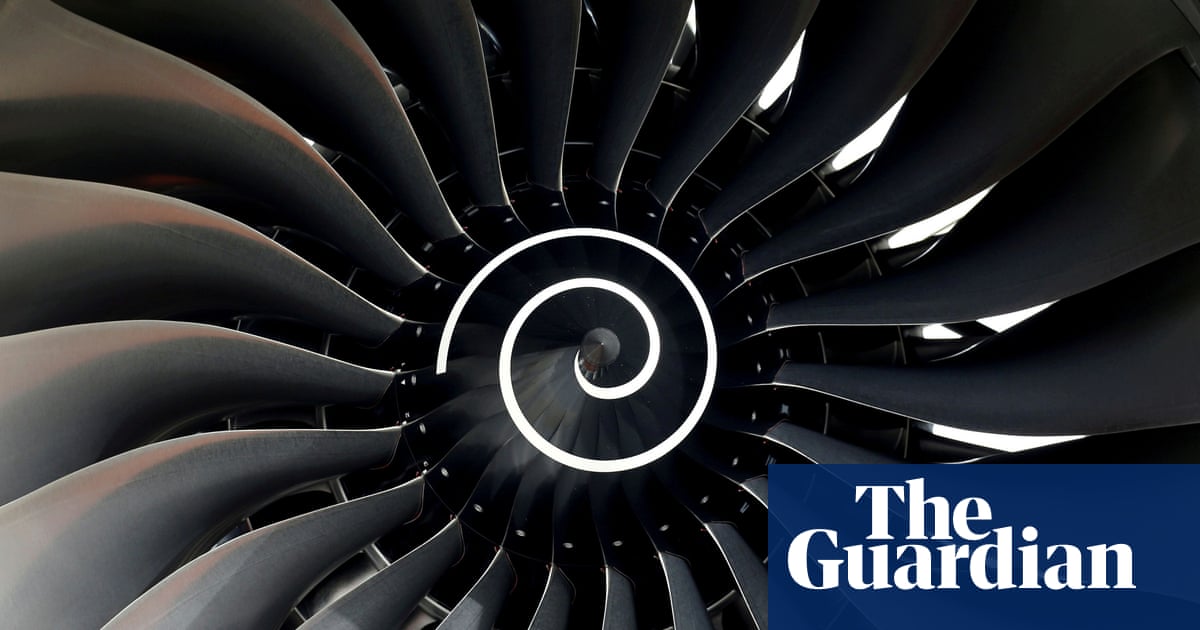
Britain risks repeating the mistakes of the past if delays in rolling out small nuclear reactors persist, the chief executive of Rolls-Royce has said, urging the new Labour government not to pass up the chance to develop a world-leading industry.
Speaking as Rolls-Royce upgraded profit guidance and restored its dividend, sending the company’s shares to a record high, Tufan Erginbilgiç said British homes could be powered by its first small modular reactor (SMR) by 2031, if the government commissions the first of them this year.
But he highlighted delays in the competition process run by Great British Nuclear, warning that the UK must learn from its failure to become a global leader for offshore wind technology.
“Frankly speaking, the UK missed a trick on offshore wind supply chain development,” he said.
“If you look at the North Sea, the UK had lots of offshore wind potential but they didn’t move early enough, therefore the supply chain was developed somewhere else.
“You don’t want that to happen to SMR.”
He said countries including the Czech Republic, Sweden and multiple Middle Eastern nations were eyeing SMRs and had done extensive due diligence but that lingering “nervousness” about the technology would disappear if the UK adopted it.
Rolls-Royce’s 470 megawatt (MW) SMRs, known colloquially as mini-nukes, are intended to power 1m homes each and last for 60 years. They passed the second phase of the government’s regulatory approval process earlier this week, a milestone that Erginbilgiç said put both the UK and Rolls-Royce about 18 months ahead of competitors.
“Actually, we can create first mover advantage that’s going to allow UK to continue to build supply chain in the UK, but also there is an enormous export potential, because every SMR is £2.5bn, he said.”
The Rolls-Royce boss, a Turkish and British citizen, was speaking as the engineering and aerospace company’s remarkable resurgence under his tenure gathered pace.
The company raised profit forecasts and resumed shareholder payouts, in a half-year results statement that sent the engine-maker’s shares roaring to their highest level in more than a decade.
Revenues climbed by 19% to £8.2bn, boosted by the post-Covid recovery in civil aerospace, while pre-tax profit almost doubled from £524m to £1bn when stripping out exchange rate effects.
The group also rewarded its investors with the return of its dividend, which has been suspended since the onset of the pandemic.
It said shareholders could expect a payout equal to 30% of underlying profit after tax, potentially rising to 40%.
Erginbilgiç had previously expressed a desire to restore the dividend as soon as possible.
But the windfall for investors is likely to be larger than expected, after the company raised its guidance for full-year profits to between £2.1bn and £2.3bn on an underlying basis.
Shares in Rolls-Royce responded by soaring more than 10% to a record high during trading on Thursday, before closing up by nearly 8% at 484.5p.
Erginbilgiç described the company as a “burning platform” when he took over in 2023, eliciting a sharp response from one of its former bosses, Sir John Rose, who pointed out that the new man at the helm had enjoyed the “luxury of not chasing market share”.
But while the company’s recovery was tentatively under way when he arrived, Erginbilgiç has earned the nickname “Turbo Tufan” among City analysts impressed by the speed with which he has driven down costs. The savings plan includes the loss of 2,500 jobs, streamlining business processes and renegotiating contracts with major clients.
Erginbilgiç said the revival was “uncharted territory” for the company.
“We are not done. But it’s a place you could not even imagine, not to mention be there.”
Analysts at the stockbroker Jefferies said Rolls-Royce’s numbers represented “over-deliveries on an already high bar”.
The biggest contributors to half-year performance have been the group’s civil aerospace division, helped by the rebound in global aviation, and its defence operation, which analysts said benefited from global military tensions.
Rolls-Royce said it was making more money from “after-market” services in combat, which include servicing and maintenance of Eurofighter Typhoon aircraft engines. It has also benefited from the Aukus submarine-building partnership between the US, UK and Australia.
Erginbilgiç also welcomed the appointment this week of Robert “Kelly” Ortberg as the new chief executive of aircraft maker Boeing.
He said Ortberg “seems like a very capable leader with an excellent track record”.
One of the ways in which the boss of the engine-maker has cut costs is by renegotiating existing contracts with major customers, such as Boeing.
He said Rolls-Royce would continue that process this year and potentially into 2025 but that it would present customers with “win-win” options.











